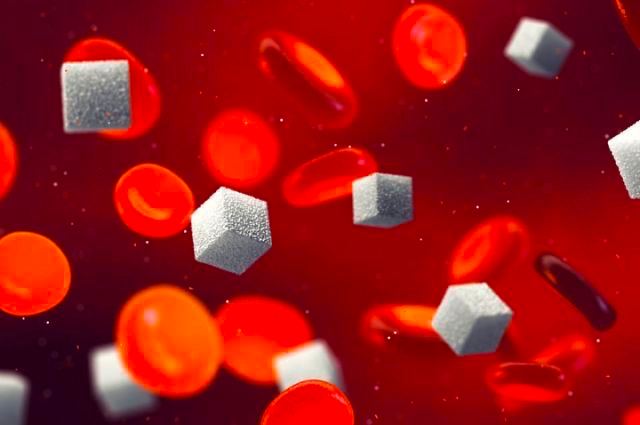
Introduction:
Diabetes, a chronic metabolic disorder characterized by high blood sugar levels, affects millions worldwide. With its prevalence on the rise, the quest for effective treatment options continues. In recent years, significant advancements have been made in diabetes management, encompassing diverse approaches ranging from lifestyle modifications to cutting-edge medical interventions.
Understanding Diabetes:
Diabetes mellitus, commonly referred to as diabetes, encompasses a group of diseases that result in elevated blood sugar levels (hyperglycemia). The two primary types, type 1 and type 2 diabetes, differ in their etiology but share the common consequence of impaired insulin function, either due to insufficient production (type 1) or ineffective utilization (type 2) of insulin, the hormone responsible for regulating blood sugar levels.
Traditional Approaches:
Historically, diabetes management has centered on glycemic control through a combination of medication, diet, and exercise. Pharmacological interventions such as insulin therapy and oral hypoglycemic agents have been mainstays in treatment regimens, alongside dietary modifications emphasizing carbohydrate control and physical activity to enhance insulin sensitivity.
Emerging Therapeutic Modalities:
Recent years have witnessed a paradigm shift in diabetes treatment, propelled by advancements in medical science and technology. These innovative approaches offer promising avenues for more personalized and effective management of the condition.
Precision Medicine: Tailoring treatment strategies based on individual genetic, metabolic, and lifestyle factors holds immense potential in optimizing diabetes management. Genetic testing and molecular profiling enable healthcare providers to identify predisposing factors and customize therapeutic interventions for improved outcomes.
Continuous Glucose Monitoring (CGM): CGM systems provide real-time insights into blood glucose levels, offering a comprehensive view of glycemic fluctuations throughout the day. These devices facilitate proactive management by enabling timely adjustments in medication, diet, and physical activity, thereby reducing the risk of hypo- and hyperglycemic episodes.
Insulin Pump Therapy: Insulin pump technology has evolved significantly, offering greater precision and convenience in insulin delivery. Modern insulin pumps feature advanced algorithms and automated functionalities, allowing for more precise dosing and improved glycemic control compared to traditional injection-based methods.
Bariatric Surgery: While traditionally reserved for obesity management, bariatric surgery has emerged as a viable option for treating type 2 diabetes in select patients. Metabolic procedures such as gastric bypass and sleeve gastrectomy have been shown to induce remission of diabetes by altering gut hormone signaling and improving insulin sensitivity.
Regenerative Medicine: Stem cell therapy and regenerative approaches hold promise for restoring pancreatic function and insulin production in individuals with type 1 diabetes. By replenishing insulin-secreting beta cells or modulating immune responses, these innovative therapies aim to halt disease progression and achieve long-term remission.